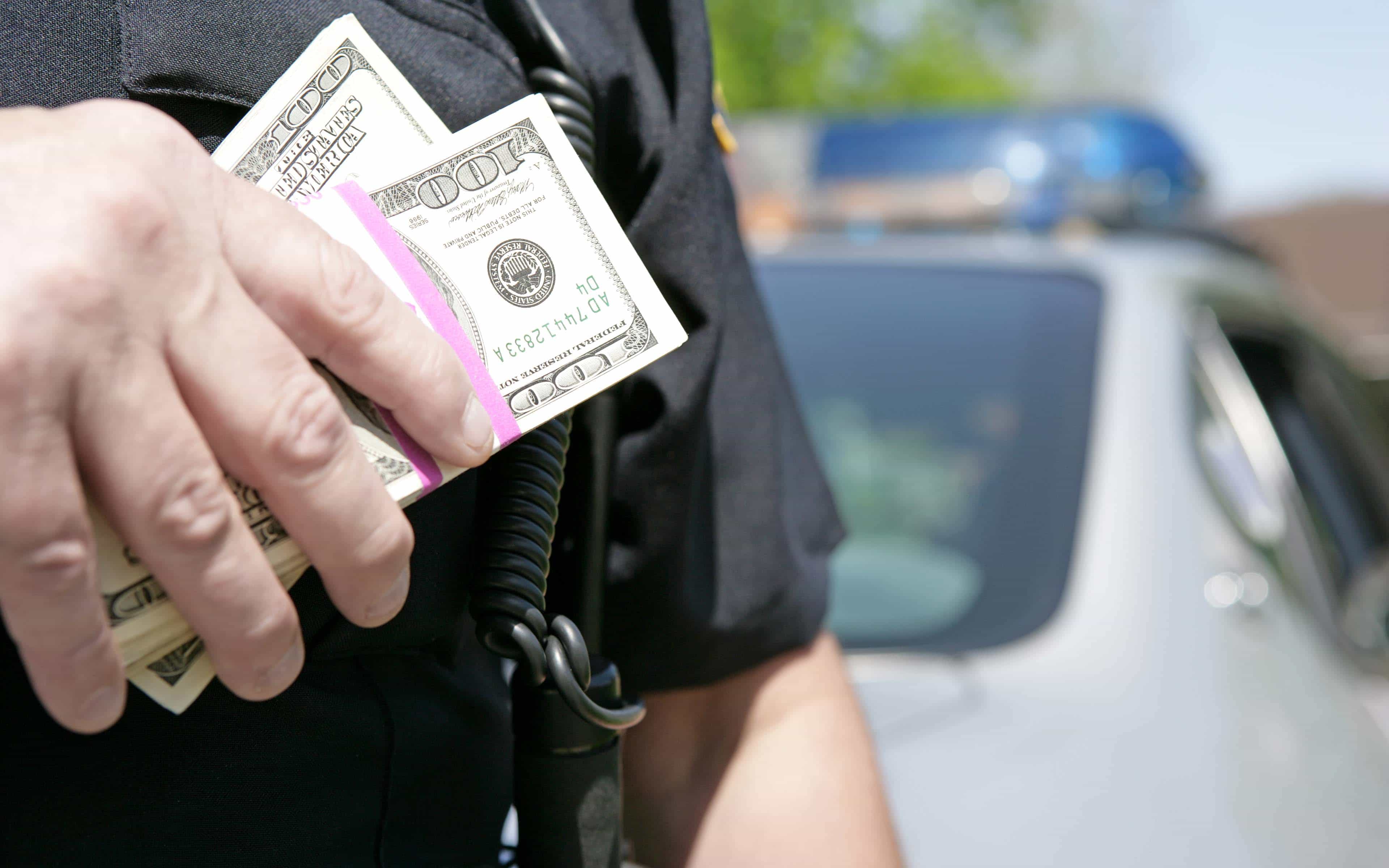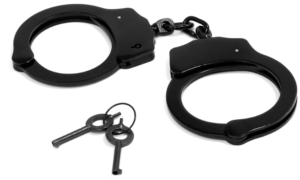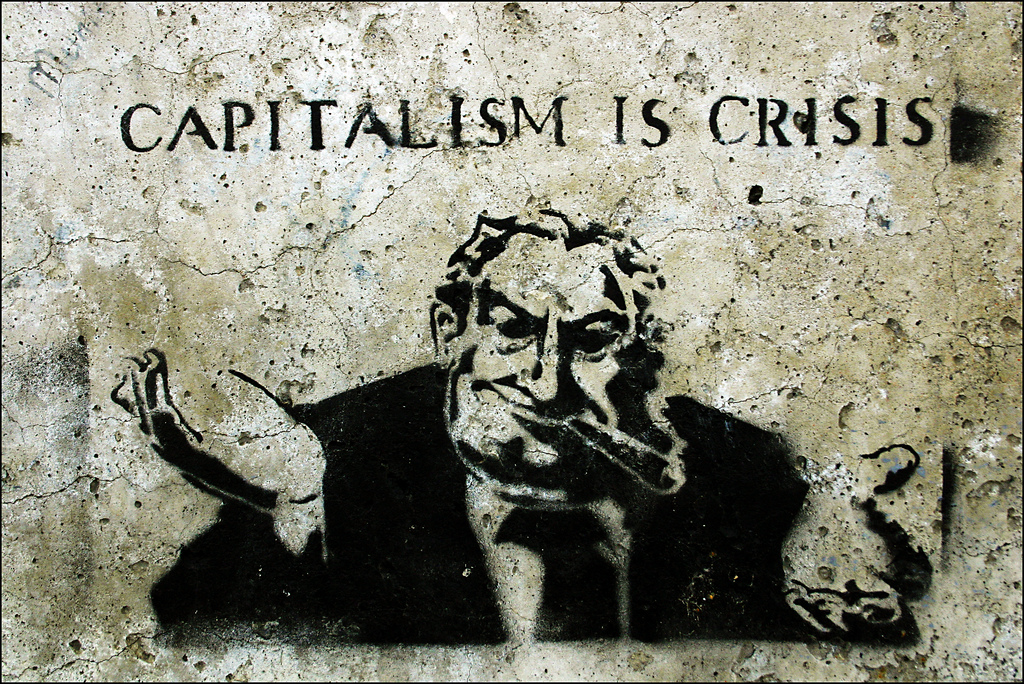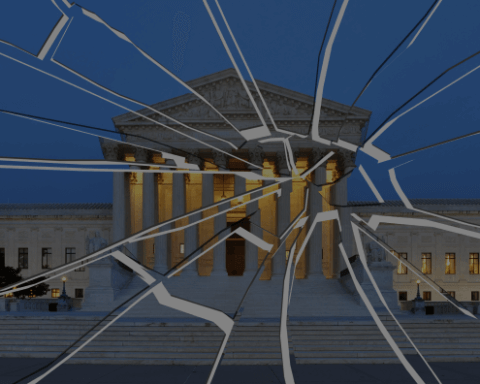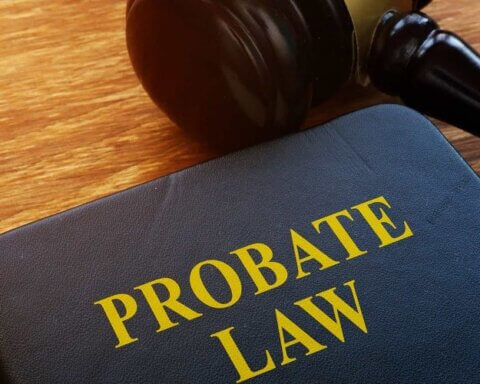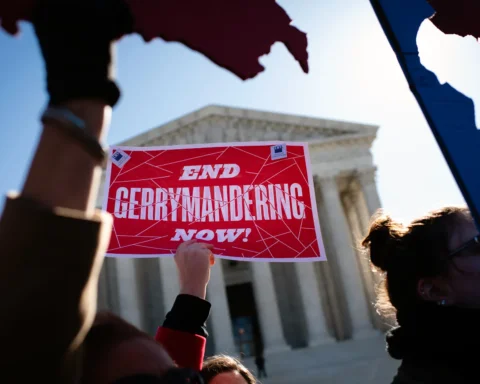*The seizure of assets, or asset forfeiture, by government agencies (FBI and local police agencies, among others) without proper legal proceedings, has become intolerable. In case after case, government officials confiscate cash that citizens are carrying, and it is up to the citizens to fight to get it back. Essentially, if any police or law enforcement agency finds that you have a lot of cash, they seize the money, under the assumption that it was obtained illegally, whether or not they even charge you with a crime.
This behavior of confiscating assets is nothing more than theft, abuse of power, and denial of the rights of citizens. Only an out-of-control police state would do such a thing.
Recently, Miami-Dade police have lost a case where they attempted to keep $19,934 that they took from the trunk of a female entertainer who worked at a gentlemen’s club. Long story short, the court ruled that not only are the police required to return the $20k, they will also compensate the owner of the money $3k for legal the fees required to get them to return the money.
Score one for the entertainers. But the situation is improving.
According to Ilya Somin, Constitutional Law professor at George Mason University, this fall, the Supreme Court of the United States will hear the case of Timbs v. Indiana, a constitutional property rights case. The case will determine if the Excessive Fines Clause of the Eight Amendment applies against the states as well as the federal government.
According to Somin, “it will also have to consider exactly what kinds of fines qualify as ‘excessive’ and to what extent the Clause applies to asset forfeitures, as well as more conventional fines.”

Photo Credit: George Mason University
As I have mentioned before, in Barron v. Baltimore, the Supreme Court ruled that the Bill of Rights only applied to the federal government, and not the states. The Barron v. Baltimore ruling was addressed in the Fourteenth Amendment, where it heavily implied that the Bill of Rights restricted the states as much as it did the federal government. There has been widespread opposition of the forfeiture of assets, from groups too diverse to name here. Suffice to say, the government has gone far off the reservation taking cash from innocent citizens who have to fight in courts to get their property back from the government.
The government has gone far off the reservation taking cash from innocent citizens.”
Ilya Somin thinks that the court will side with the citizens. Justice Clarence Thomas has in the past expressed his opposition to seizures of the property of citizens. In fact, three states, North Carolina, New Mexico and Nebraska, have abolished civil forfeiture entirely. It is time for the Supreme Court to rule on this issue of rights of citizens.
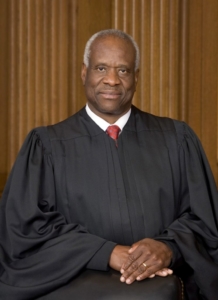
One problem is that the Timbs case is a civil forfeiture case, whereas asset seizure is a criminal procedure. The court could certainly rule that excessive forfeiture and civil forfeiture are essentially the same, thus curtailing the seizure of the assets of citizens without due process. Due process in this republic means that incarceration and seizure of assets must only follow the ruling of a court, and not simply because the assets present themselves. The other discriminatory nature of asset seizure almost always involves cash; the police agencies seize cash if they find it on your person, in your car trunk, or in your domicile, and almost never when it is in your bank account, mostly because your bank isn’t going to give a police agency money from your savings or checking account unless they see the proper legal papers.
Asset seizure has been the legal loophole that police agencies have used to steal money from citizens; it is time that behavior, that the blatant violation of a fundamental right, the right to property be curtailed.
While it could be said that asset forfeiture keeps criminals from their illegally-obtained assets, the notion of due process insists that until you are convicted of a crime, you are not a criminal, per se. Asset forfeiture has impacted the poor more than others, because poor people are not as likely to keep money in banks. But where we keep our money has nothing whatsoever to do with whether or not we are criminals.
The criminals in these instances are clearly identified, and it is not the citizens.
Many of us will be watching the Timbs v. Indiana case, and see if the Supreme Court will restore a right that should have never been taken away.

Jeffrey Neil Jackson is an
Educator & Literary Mercenary

